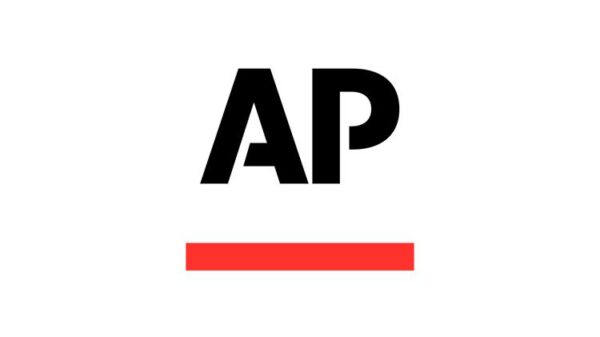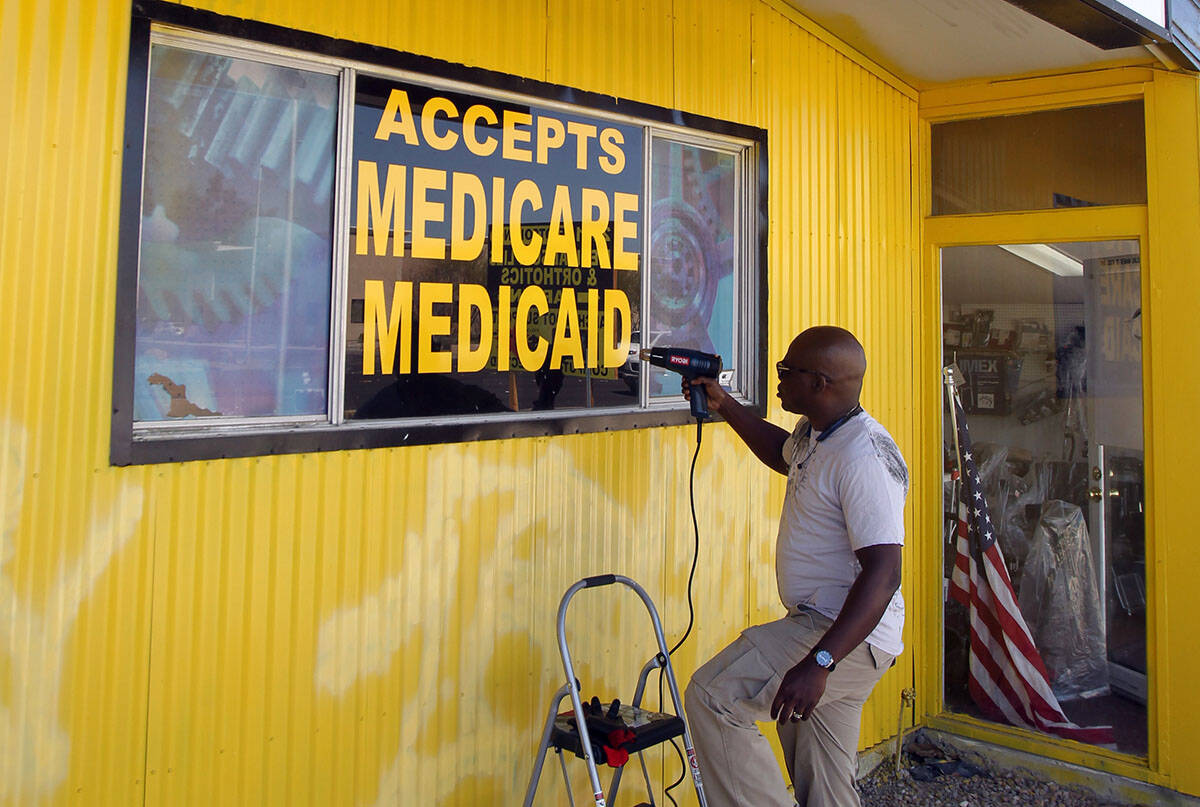Concerns regarding potential cuts to Medicaid in Nevada have been characterized as exaggerated by some local political figures. An analysis suggests that single parents will not lose Medicaid coverage unless their income exceeds specific thresholds, thus enabling them to afford health insurance for their children.
For single parents with one child, maintaining coverage under the Children’s Health Insurance Program (CHIP) is possible with an income of up to $41,902. Those with two children can continue to receive CHIP benefits as long as their income does not surpass $52,931. This framework aims to ensure that families with modest earnings retain access to essential health services.
Financial Impact of Medicaid Expansion
The expansion of Medicaid has proven financially beneficial for Nevada. Prior to this expansion, the state incurred costs of 10 percent for each participant, while the federal government provided 90 percent funding. With the expansion, the cost per participant rose to 120 percent, resulting in a net positive cash flow of 20 percent for the state. This financial model has created a profit center, allowing Nevada to enhance its healthcare services while minimizing taxpayer burden.
Importantly, individuals with disabilities who are unable to work will not face any loss of Medicaid coverage. The proposed changes primarily affect those who are employable. Under the new rules, Medicaid recipients must either work a minimum of 20 hours per week or engage in volunteer work for the same duration within their communities. This approach aims to encourage personal responsibility while still providing necessary support to those in need.
Implications for Students
Full-time students also retain their Medicaid coverage, provided they do not exceed the established income thresholds. This consideration is crucial for many families who rely on these benefits while pursuing education.
In summary, while the discourse surrounding Medicaid changes in Nevada has prompted fears of widespread cuts, an analysis of the proposed modifications highlights that many families will continue to receive essential health benefits. Politicians and stakeholders must navigate this complex landscape with accurate information to ensure that families and individuals can access the healthcare services they need without undue alarm.





































































